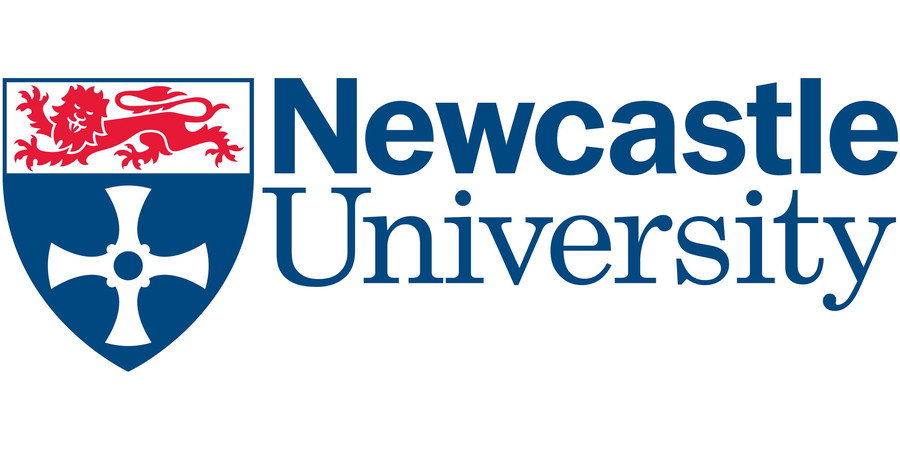PhD Studentship in Neurotechnology: Spatiotemporal Stimulation Strategies for Neural Modulation
Newcastle University
| Location: | Newcastle upon Tyne |
|---|---|
| Salary: | £19,237 |
| Hours: | Full Time |
| Contract Type: | Fixed-Term/Contract |
| Placed On: | 10th February 2025 |
|---|---|
| Closes: | 28th February 2025 |
| Job Ref: | B1096 |
Award Summary
100% of home tuition fees paid and an annual stipend equal to that provided by UKRI (for reference 2024/25 is £19,237).
Overview
Are you interested in developing neurotechnologies for treating brain disorders? In this PhD you will test new strategies to improve the precision of brain stimulation techniques in preclinical models of epilepsy and disorders of decision-making. We will investigate how the precision of brain stimulation may be advanced, using patterned electrical modulation, to achieve the same levels of cell-class specificity provided by optogenetics. Our motivation is to develop technologies solutions to simplify the process of clinical implementation, and in this way, to expedite their use in the treatment of different neurological conditions.
You will be working with world-leading experts in the fields of brain-machine implants and epilepsy, funded by the Advanced Research and Invention Agency (ARIA), using state-of-the-art multielectrode technologies to deliver precision neurostimulation to the brain. You will be trained in neuromodulation technologies and neurophysiology. By working with researchers developing new brain decoding methods, you will contribute to developing closed-loop neuromodulation for regulating brain dynamics with clinical applications in epilepsy and psychiatric disorders.
Number Of Awards: 1
Start Date: 15th September 2025
Award Duration: The funding covers a four-year PhD.
Application Closing Date: 28th Feb 2025
Sponsor: ARIA & Newcastle University - Faculty Medical Sciences
Supervisors: Professor Andrew Jackson and Professor Andrew Trevelyan
Biosciences Institute
Newcastle University
Eligibility Criteria
You must have, or expect to achieve, at least a 2:1 honours degree or international equivalent, in a subject relating to neuroscience or neural engineering. Further qualification such as an MRes is advantageous. The candidate must have or be willing to learn in vivo electrophysiology techniques.
The studentship covers fees at the Home rate. However international/EU applicants will also be considered and if funding is available may have the difference between Home and International fees covered. International applicants may require an ATAS (Academic Technology Approval Scheme) clearance certificate prior to obtaining their visa and to study on this programme.
How To Apply
You must apply through the University’s Apply to Newcastle Portal.
In the ‘Course choice’ tab:
· select ‘Postgraduate Research’ in the 'Type of Study' field
· select ‘Full Time’ in the ‘Mode of Study’ field
· select ‘2025’ in the ‘Year of Entry’ field
· enter programme code 8420F in the ‘Course Title’ field
· leave the ‘Research Area’ field blank
· press ‘Search’
· Select ‘PhD Biosciences (FT)’
· Save selection
In the ‘Further Details’ section:
· a ‘Personal Statement’ (this is a mandatory field) - upload a document or write a statement directly in to the application form, quoting the studentship reference code BI096, stating the title of the studentship, how your interests and experience relate to the project.
· the studentship code BI096 in the ‘Studentship/Partnership Reference’ field
· when prompted for how you are providing your research proposal - select ‘Write Proposal’, and type in the title of the research project from this advert (No need to upload a research proposal).
In the ‘Supporting Documentation’ section:
· upload your CV
You must submit one application per studentship, you cannot apply for multiple studentships on one application.
Contact Details
For further details, please contact:
Dr Andrew Jackson
Biosciences Institute
E-mail: andrew.jackson@ncl.ac.uk
Advert information
Type / Role:
Subject Area(s):
Location(s):









